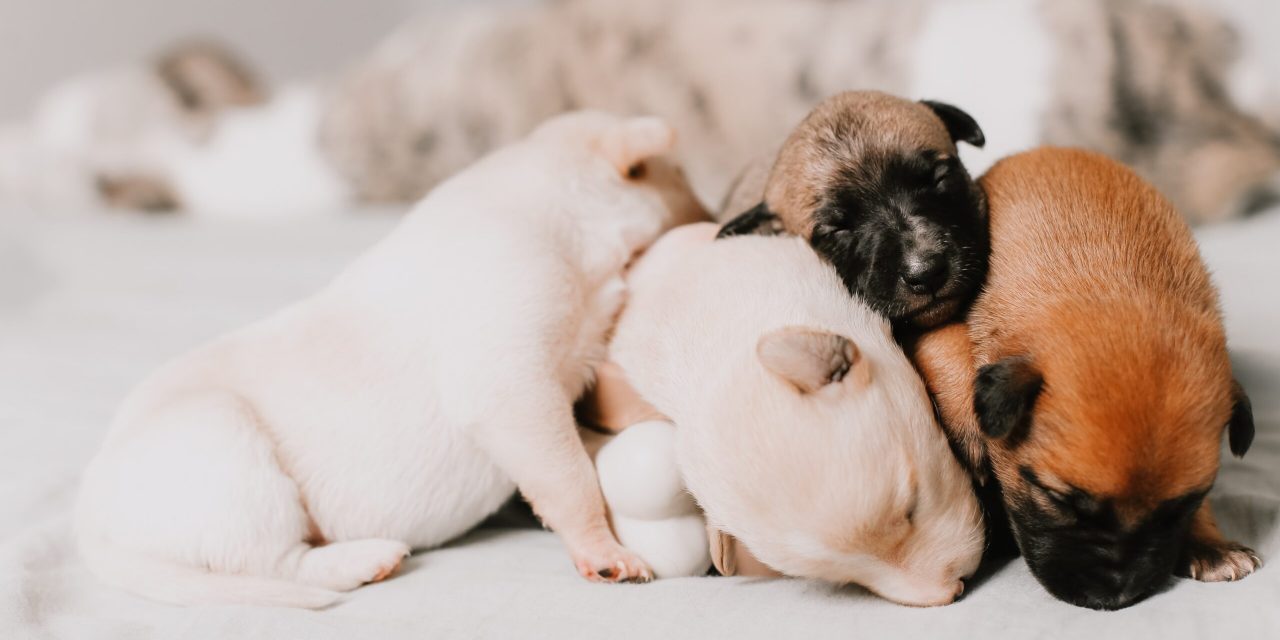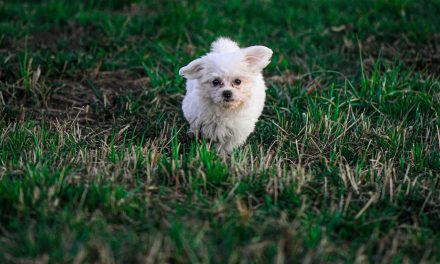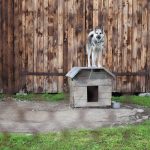- Home
- /
- Blog posts
- /
- Can I make Money...
If breeding is done correctly, then, there really isn’t much money to be made breeding dogs. Dog breeding is done for the love of the breed, not the money. It is also not as easy as it sounds either, many things need to be taken into consideration before even thinking of becoming a dog breeder, and many of these cost money.
What to expect from our article
Choosing a bitch/breeding pair
The first thing you need to think about is the dogs you will breed from; you can’t just choose a random dog and hope for the best. You need to research the breed and make sure it/they are suitable for breeding. Things you will need to know;
- Temperament
- Breed/health characteristics
- Genetics
- Health testing of both dogs and the parents
Using a dog to breed from without taking these things into account is irresponsible and reckless. A responsible breeder will never risk the puppy’s health by using an unsound dog to reproduce. Other things to take into consideration;
Costs
The purchase price for two dogs/stud – you need to decide if you will purchase both dogs or just a bitch. If you choose to purchase the bitch and use a stud dog, you need to factor in stud fees.
The usual practice for using a stud is the female is taken to the male, and you may need to pay for her to stay for a few days during the process. Stud fees could start at hundreds of pounds and quickly go into the thousands.
Good quality food – the cost of food goes up drastically with pregnant and nursing bitches because they need to eat more, not to mention when the puppies start to wean. Bear in mind that your bitch could produce anywhere from 2-12 puppies and good quality dog food is not cheap. You will also need to pay for;
- Insurance
- Vaccinations
- Microchipping
- worming and flea treatment
- Scans
Health tests
Hip, elbow and eye tests are the bare minimum of health tests that should be carried out, but you should also include DNA testing. Some other breed-specific health tests may need to be carried out too, and these do not come cheap. Just to give you an idea of costs for health tests, we paid over £500 just for hip and elbow tests on our bitch.
Surgery
There are a couple of dog breeds like French Bulldogs for example, who have trouble self whelping due to the puppies’ head size. These breeds will almost always need to have a c-section to deliver the puppies, but even if your bitch doesn’t need a c-section you will need to pay for a vet to be on standby in case your bitch does have complications during delivery.
Unexpected vet bills
You never know what lies ahead and things can quickly go wrong with a pregnancy, even if you have pet insurance they won’t always cover issues caused by pregnancy.
What is a hobby breeder?
A hobby breeder is someone who breeds for a hobby rather than business purposes. Hobby breeders are usually breeders who want to continue their line and will only breed in low volumes of 1-2 litters per year; hobby breeders do not need a licence because they do not reproduce in high volumes.
A hobby breeder is well educated and informed on the breed and is up to date on health and genetics. These breeders are usually involved in dog shows, working or obedience, and taking hobby breeding very seriously only producing quality, sound pups.
How many litters can a hobby breeder have?
This depends on the area a breeder lives a hobby breeder in Wales and England can produce up to two litters per year, but a hobby breeder in Ireland or Scotland can produce up to four litters per year.
How do I become a registered breeder?
There is lots of information you need to know to become a registered dog breeder. You will need to contact the authorities where you are located to find out how to become a licenced breeder.
How expensive is it to breed dogs?
It is very costly to become a dog breeder; the health tests alone could see you handing out thousands of pounds alone. Something you also may not have considered is, what if your dog fails the relevant health tests and turns out to be no good for breeding?
How long should dogs wait between litters?
A bitch can become pregnant in her next season, is it right? No, breeding back to back is unethical and not healthy for the bitch, she will need to recover in between pregnancies. The minimum amount of time between litters should be 18 months.
What is considered a puppy farm?
A puppy farm is where someone will breed puppies without any concern for the parent’s health or any puppies they will produce. They will do the minimum to gain the maximum. They do not care about anything but money.
Dogs and their offspring are usually kept in deplorable conditions and will not have any health checks and most times will not be subjected to any kind of socialisation. Puppies bred in puppy farms are usually very sickly and have behaviour or temperament issues.
Is it wrong to buy from a puppy farm?
Yes, it is very wrong to purchase from a puppy farm; you have no idea what health conditions your new puppy might have or inherited from its parents. Puppy farms are horrible places, and you should never purchase a dog or a puppy from a puppy farm.
If you do happen across a puppy farm, then you should report it to the relevant authorities so they can take action to stop others from purchasing a sickly puppy from them. There is no place for puppy farms, and they need to be shut down.
How do you know if a puppy is from a puppy farm?
It can be challenging to know if you are buying from a puppy farm, but there are signs that you can look out for to help identify them, so you don’t end up with a sick puppy.
Lack of health testing – the most critical thing when purchasing a puppy, is knowing the breeder has done everything possible to ensure their dogs and puppies’ are healthy. If they say they have been health tested, ask to see proof. If they cannot show you the evidence, then you can guarantee they haven’t been health tested.
Fake pictures – puppy farmers will use photographs that are either staged or not theirs. If you see multiple listings with the same image but belonging to a different person, you know this is probably a puppy farmer, a genuine breeder will not use different names when selling puppies.
Dogs pictured in cages or outhouses – a genuine breeder will not keep their puppies in cages or locked up in an outhouse or shed. Puppies need to be well socialised, and that means being around family members and other pets.
Ask to see the parents – if you cannot see the mum at least then walk away, this is a sure sign that the puppy is from a puppy farm. No reputable breeder will have puppies without the mum. If they don’t want you to see the mum, there is something wrong. It’s not always possible to see the dad as they may have used a stud, but they should be able to show you pictures and give you information on him if you request it.
Parents are not well kept – puppy farmers do not care about their dogs’ health and well-being, and a big telltale sign is the way they look after their dogs. Are they well kept, clean and tidy? Are their nails trimmed? All of these are signs to look out for. A reputable breeder will be more than happy for you to inspect living quarters as they won’t have anything to hide.
Scared or timid pups or parents – reputable breeders will do everything in their power to produce good quality puppies with sound temperaments, so if a puppy or the parents display any kind of behavioural issue, nervousness or aggression then this breeder clearly doesn’t care about the health of the puppy. Temperament issues are passed from parent to pup, and you can almost guarantee that any problems with parents will manifest sooner or later in your puppy.
Delivery of the puppy – never arrange to have the puppy delivered. Without seeing the puppy in their home surroundings and the parents’ temperament, it is impossible to know where your puppy has come from or how they have been treated, but worst is they could give you a puppy that was taken away from the mum too early. The longer a puppy is with the mum, the more money it costs, unscrupulous breeders will want to get rid of puppies as soon as possible.
The puppy’s age – no puppy should leave its mum before eight weeks of age. If the puppy is less than eight weeks old and the breeder tells you it is fine, it isn’t. Puppies learn valuable behaviour lessons from their mum. When puppies are taken away from the mum too early, they can develop temperament issues, social anxiety, and also aggression.










